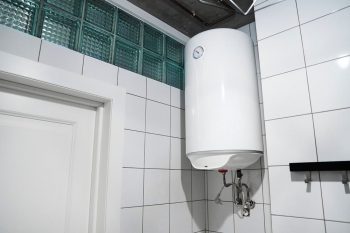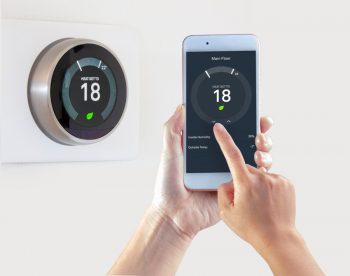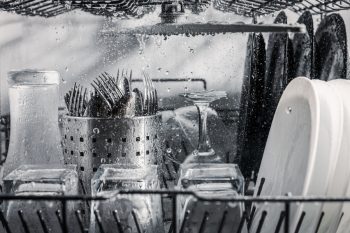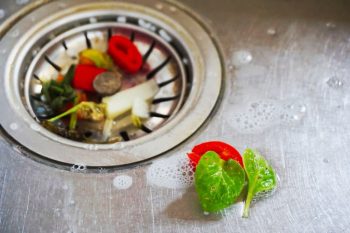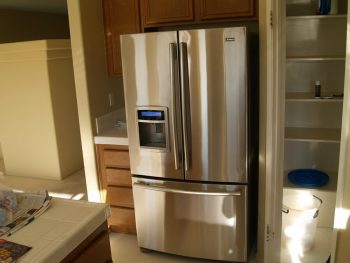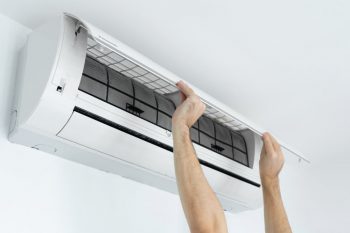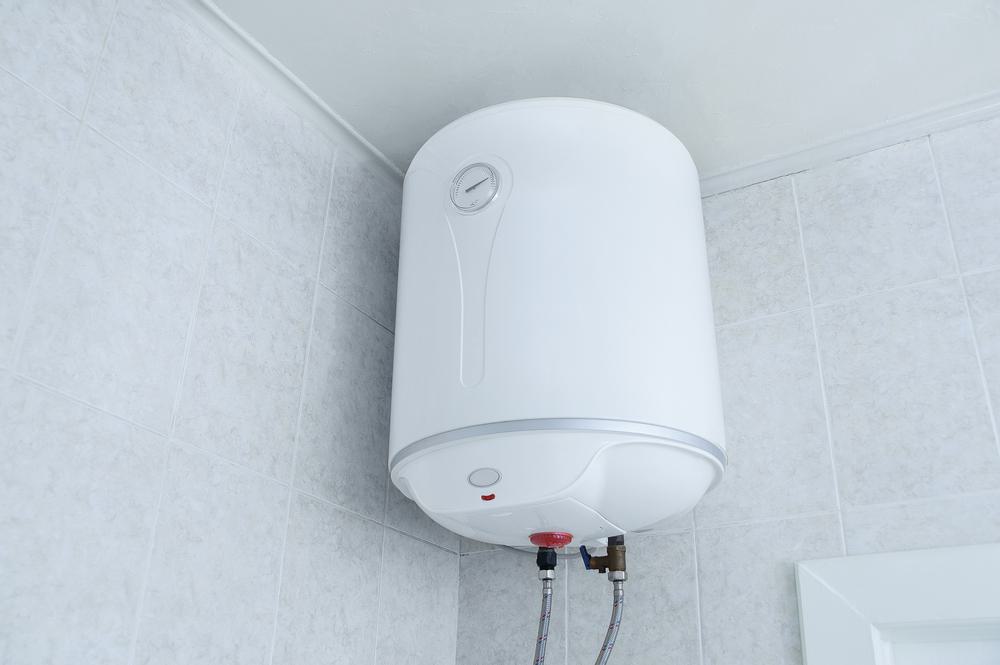
High-efficiency water heaters have become a popular choice for homeowners looking to reduce their energy costs and lower their environmental footprint. If you’re considering upgrading your old water heater, it’s important to understand what a high-efficiency water heater is, how it works, and the benefits it can offer.
A high-efficiency water heater is a type of water heater designed to use less energy while providing the same level of hot water as a standard model. They can use 10 to 50 percent less energy than standard water heaters, thus saving on utility bills and reducing overall energy consumption. High-efficiency water heaters come in various technologies, including demand (tankless) water heaters, heat pump water heaters, and high-efficiency gas storage water heaters.
Defining High-Efficiency Water Heaters
A high-efficiency water heater is designed to use less energy while providing the same amount of hot water as a standard water heater. These water heaters can use 10 to 50 percent less energy than standard models, saving homeowners money on their utility bills and reducing overall energy consumption. High-efficiency water heaters come in various technologies, such as demand (tankless) water heaters, heat pump water heaters, and high-efficiency gas storage water heaters.
How High-Efficiency Water Heaters Work
Different types of high-efficiency water heaters work in different ways:
- Demand (Tankless) Water Heaters: These water heaters heat water only on demand using gas or electricity, eliminating the need for a storage tank and reducing standby losses. However, they may have limitations on the number of fixtures that can simultaneously use hot water.
- Heat Pump Water Heaters: These water heaters transfer energy from the surrounding air to water in a storage tank, making them more efficient than electric resistance water heaters. They are most effective in warm climates with long cooling seasons.
- High-Efficiency Gas Storage Water Heaters: These water heaters use the same technology as standard gas storage water heaters but with improvements such as better insulation, heat traps, and more efficient burners. Some very high-efficiency models use a secondary heat exchanger that extracts more heat from the combustion gas, leading to gas condensation and requiring venting through a vertical PVC pipe and a condensate drain.
Benefits of High-Efficiency Water Heaters
High-efficiency water heaters offer several benefits, including:
- Energy savings: These water heaters use less energy, which can result in significant savings on utility bills.
- Reduced greenhouse gas emissions: High-efficiency water heaters produce fewer greenhouse emissions compared to high-energy heaters, making them more environmentally friendly.
- Lower operating costs: High-efficiency water heaters can save homeowners hundreds of dollars every year on energy costs.
- Tax benefits: Many states offer tax breaks to homeowners for installing high-efficiency water heaters.
Choosing a High-Efficiency Water Heater
When purchasing a high-efficiency water heater, there are several factors to consider, including fuel source, tank capacity, energy efficiency, costs, warranty, size, technology, installation requirements, and maintenance.
Maintaining a High-Efficiency Water Heater
Proper maintenance can extend the life of your water heater, improve its efficiency, and save on energy costs. Some key maintenance tips include testing the temperature pressure relief valve, checking and replacing the anode rod, draining the tank and washing out sediment, adjusting the temperature, insulating the water heater, and scheduling annual maintenance.
Cost-Effectiveness of High-Efficiency Water Heaters
High-efficiency water heaters are generally more cost-effective in the long run compared to regular water heaters. They use less energy, resulting in lower utility bills, and have a longer lifespan, reducing the need for frequent replacements.
In conclusion, high-efficiency water heaters offer numerous benefits, including energy savings, reduced greenhouse gas emissions, lower operating costs, and a longer lifespan. By understanding these benefits and how high-efficiency water heaters work, you can make an informed decision when it’s time to upgrade your water heater.
Frequently Asked Questions
What is the average lifespan of a high-efficiency water heater?
The average lifespan of a high-efficiency water heater can vary based on the type and maintenance, but typically, they can last between 10-20 years.
How can I tell if my water heater is high efficiency?
You can tell if your water heater is high efficiency by checking its Energy Factor (EF) rating. The higher the EF rating, the more efficient the water heater is. High-efficiency water heaters typically have an EF rating of 0.82 or higher.
How much can I expect to save on my energy bills with a high-efficiency water heater?
The amount you can save on your energy bills with a high-efficiency water heater will depend on your personal usage and the efficiency of your current water heater. However, high-efficiency water heaters can use 10 to 50 percent less energy than standard models, which can result in significant savings.
Can I install a high-efficiency water heater myself?
While it’s possible to install a high-efficiency water heater yourself, it’s generally recommended to have it installed by a professional to ensure it’s installed correctly and safely. Some types of high-efficiency water heaters, such as gas condensing water heaters, require specific venting and draining installations that may be complex.
Are high-efficiency water heaters worth the extra upfront cost?
While high-efficiency water heaters can have a higher upfront cost than standard models, they can be more cost-effective in the long run due to lower operating costs and longer lifespans. Additionally, many states offer tax incentives for installing high-efficiency water heaters, which can help offset the initial cost.



